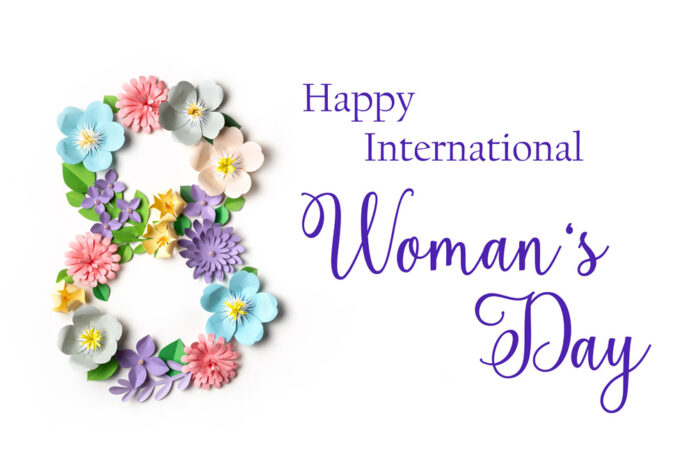Women’s empowerment and leadership are crucial components of gender equality and the achievement of sustainable development goals. Empowering women means giving them the power to control their lives, make their own decisions, and take actions to improve their economic, social, and political status. Leadership, on the other hand, is the ability to guide, inspire, and influence others towards a common goal. When women are empowered to lead, they can drive change, advocate for their needs and rights, and break down barriers that limit their potential.
Despite significant progress made toward gender equality in recent decades, women still face significant challenges in accessing leadership positions and advancing their careers. The gender pay gap, stereotypes, biases, and discrimination continue to affect women’s opportunities for promotion and advancement. This is particularly true for women from marginalised communities, such as women with disabilities, women from low-income households, and women from certain cultures where they are considered inferior to men.
However, women’s empowerment and leadership have gained more attention in recent years, with more efforts being made to increase women’s participation in leadership positions. Some of the initiatives that have been put in place to promote women’s leadership include mentorship programmes, leadership training, and gender quotas in politics and corporate boards.
Mentorship programmes provide women with access to guidance, advice, and support from experienced leaders. Such programmes help women develop their skills, build confidence, and expand their networks. Leadership training programmes are designed to equip women with the skills and knowledge they need to lead effectively.
Gender quotas have been implemented in several countries to ensure that women are adequately represented in politics and corporate boards. Quotas provide women with equal opportunities to access leadership positions, and they help to promote gender diversity and inclusion. In countries where quotas have been introduced, women’s representation in politics and corporate boards has increased significantly.
Another crucial factor in promoting women’s empowerment and leadership is creating an enabling environment that supports women’s advancement. This includes addressing the structural and cultural barriers that limit women’s opportunities, such as discrimination, gender stereotypes, and inadequate support for work-life balance. Creating an enabling environment requires a multi-stakeholder approach that involves policymakers, employers, civil society, and individuals.
Women’s empowerment and leadership are not only essential for achieving gender equality but are also crucial for the achievement of sustainable development goals. Women’s participation in leadership positions is associated with improved governance, better health outcomes, and increased economic growth. When women lead, they bring different perspectives, values, and experiences that enhance decision-making processes and lead to more inclusive and equitable outcomes.
The UBA Group creates an enabling environment for women to ascend the corporate ladder and be highly successful in their chosen fields. This is evident in the number of senior executive and managerial positions held by women across various departments and arms of the group. Currently, 8 out of the 15 members of the Group’s Board of Directors are women, making up a robust representation of 53.3%.
International Women’s Day (IWD) 2023 Theme: DigitALL – Innovation and Technology for Gender Equality
International Women’s Day is celebrated on the 8th of March annually, focusing on the women’s rights movement, and bringing attention to issues such as gender equality, reproductive rights, and violence and abuse against women. This year, the UN Women and the United Nations are celebrating International Women’s Day with the theme; DigitALL – Innovation and Technology for Gender Equality.
Read Also: 7 Ways to Stick to Your Goal(s) in 2023


























